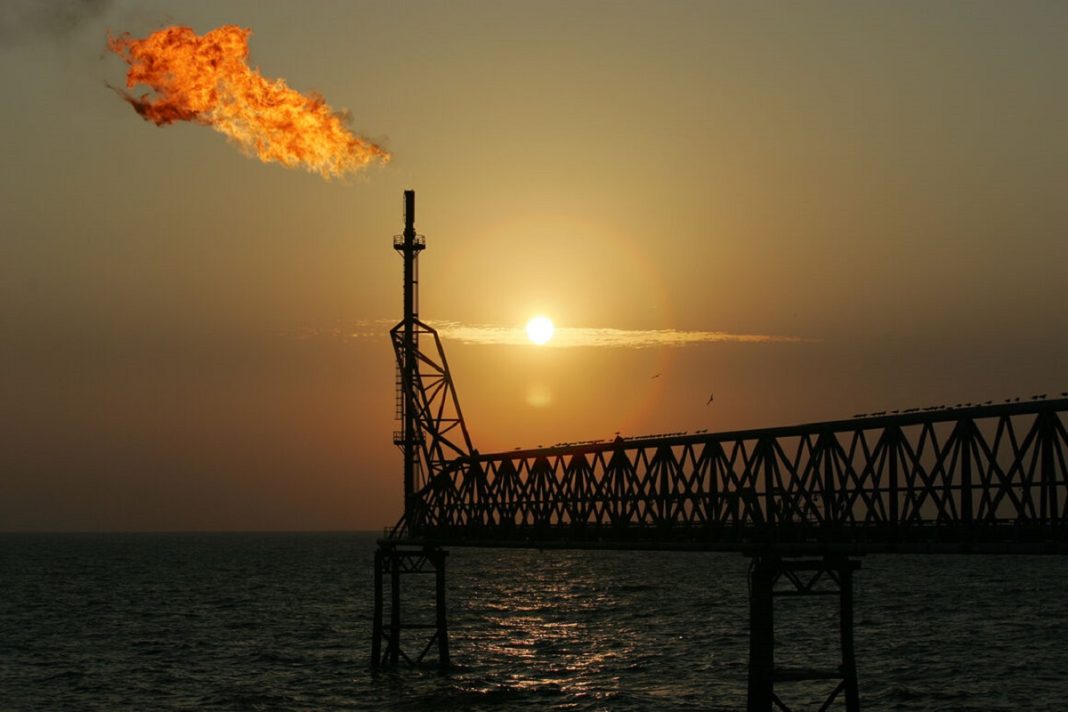Oji said the contracts would see all flare stacks removed in two to three years and “these rich gases, which would have been burned into smoke and contaminate the environment, will be used as petrochemical feedstock,” IRIB News Agency reported on Wednesday.
He did not specify what partners the contracts had been signed with.
The Iranian minister said the country was also planning to build eight new petrochemical plants and one petrochemical unit in the southern province of Hormozgan that would have a production output of 300,000 barrels per day.
He said Iran needed to increase its refinery output capacity to end the import of petroleum products over the next three to four years.
